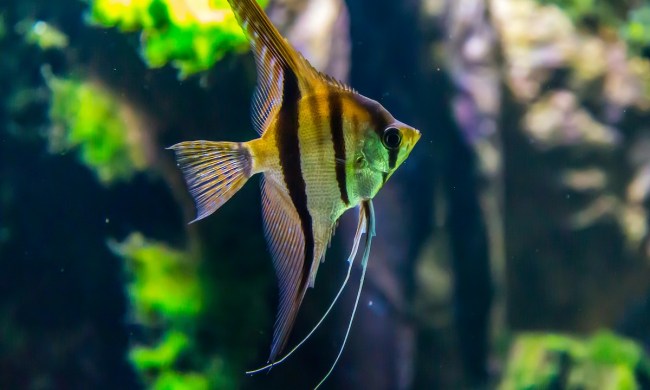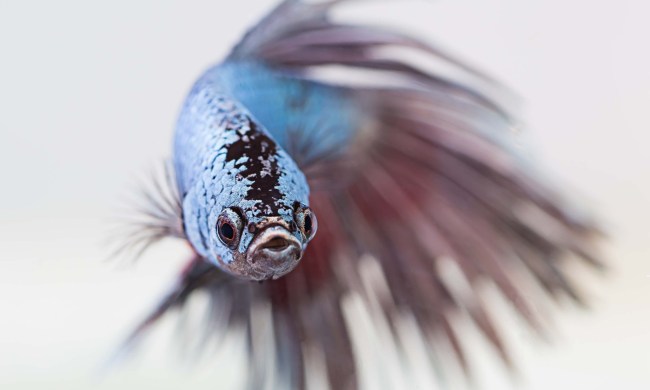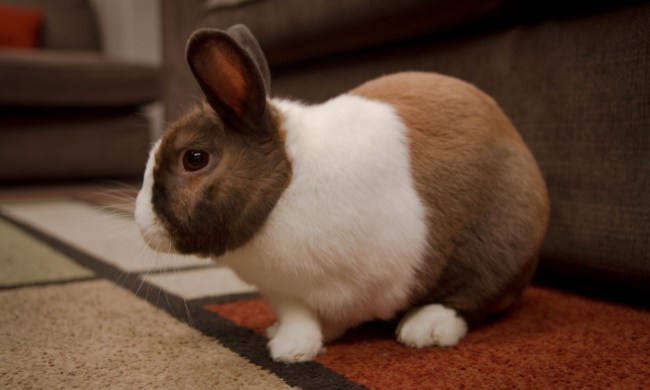Our pets can’t stay with us forever, but the right setup and care will prolong their time for a good while. In fact, life expectancies of many indoor animals have been steadily increasing as we perfect their nutrition and homes. Still, we only can have our sweet companions for a handful of years (unless you decide to bring home a tortoise, in which case prepare your great-grandchildren to inherit it). While in dogs a smaller breed typically lives longer than a larger one, for small pets the opposite is true. Bunnies have a better life expectancy than guinea pigs, who make it more years than hamsters. While no one wants to say goodbye to a furry friend, realistically looking at a hamster’s lifespan can help you plan ahead.
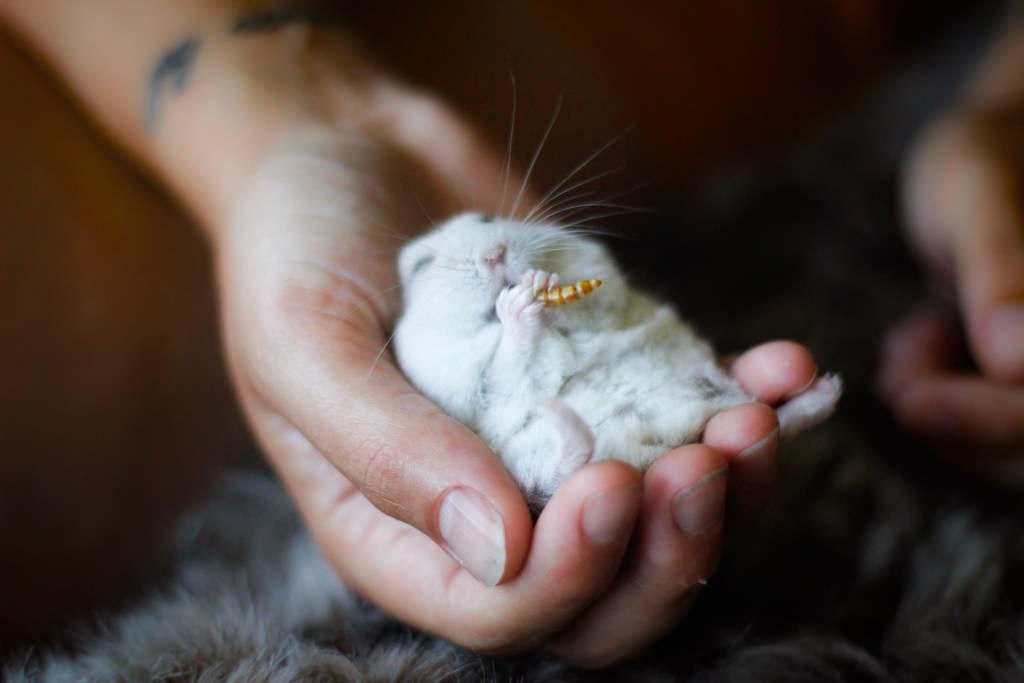
What is the lifespan of a hamster as a pet?
This varies a bit based on what type of hamster you bring home, but you should expect to have him in your care for two to three years. Of course, if you adopt an older hamster, that will shorten the amount of time you have together, but does provide a noble and necessary service for abandoned pets. The oldest hamsters live to reach four, and if you’re lucky, you’ll have one for that long. If longevity matters to you, in particular, seek out a Robo Dwarf Hamster, which has the best shot of getting to a ripe old age.
What ailments afflict hamsters?
We certainly hope that old age eventually comes for your pet after he’s lived a long and happy life. But hamsters, like all animals, do tend to get certain illnesses. One of the most common in these little guys is a cold. You’ll notice by spotting the telltale signs: runny nose, droopy eyes, and sneezing. Your vet may give him something to manage the symptoms a bit, but mostly you simply have to wait it out (just as you would if you were sick). However, don’t confuse a cold with wet tail, a deadly disease that can kill in 24 hours if untreated. If your hamster’s underside is moist, call the vet immediately and get him on antibiotics (and possibly fluids).
How can I help my hamster live longer?
It all comes down to a good diet, lots of exercise, and a peaceful environment. Many hamster sicknesses are brought on by tension, so you want to do your best to avoid stressors. That means eliminating things from the area that would bring on anxiety, such as other pets. It’s completely possible for a small pet and large one to coexist, but they need their own spaces far away from each other.
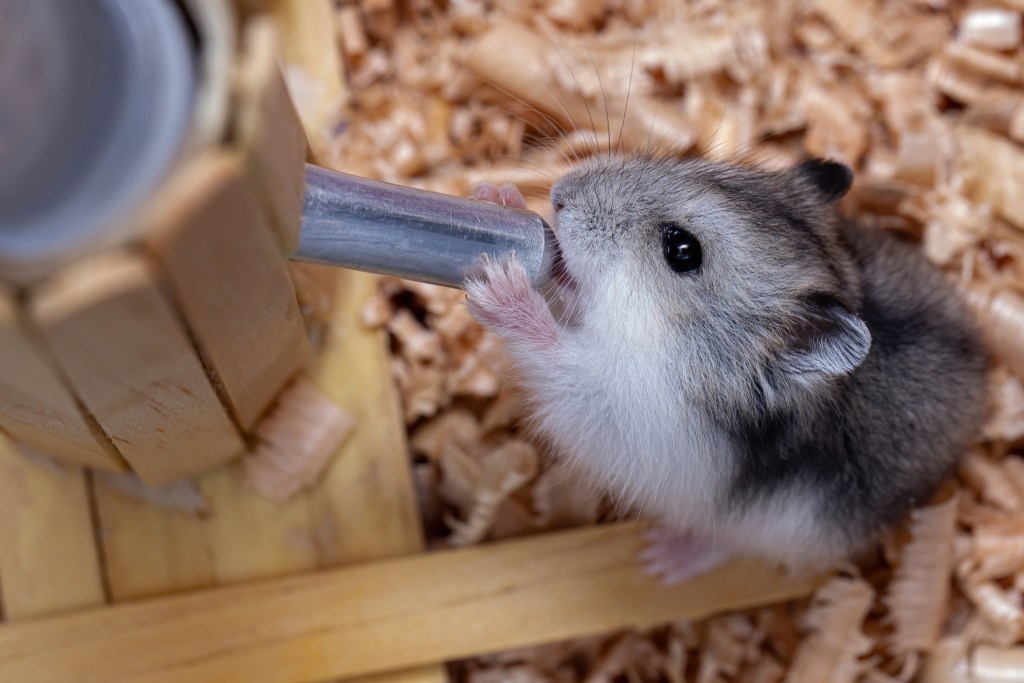
In terms of food, make sure you provide hay, fruits, and veggies, plus commercial pellets to round out your hamster’s diet. Most importantly, he needs continuous access to water as hamsters like to drink. Lastly, especially because most hamsters live alone, you need to keep him entertained through tons of toys and plenty of attention.
Give them love
With a loving hand, you can keep your hamster happy and healthy for many years. Remember that the Syrian variety prefers to be alone and cannot be kept with others of its kind. Therefore, you should plan carefully and wait for one to pass on to the happy nesting grounds before you decide on another. Keep in mind too that while affectionately known as a starter pet, these rodents need attention and lots of care. Make sure you’re ready for the commitment before bringing one home, even if it’s only a three-year promise.

